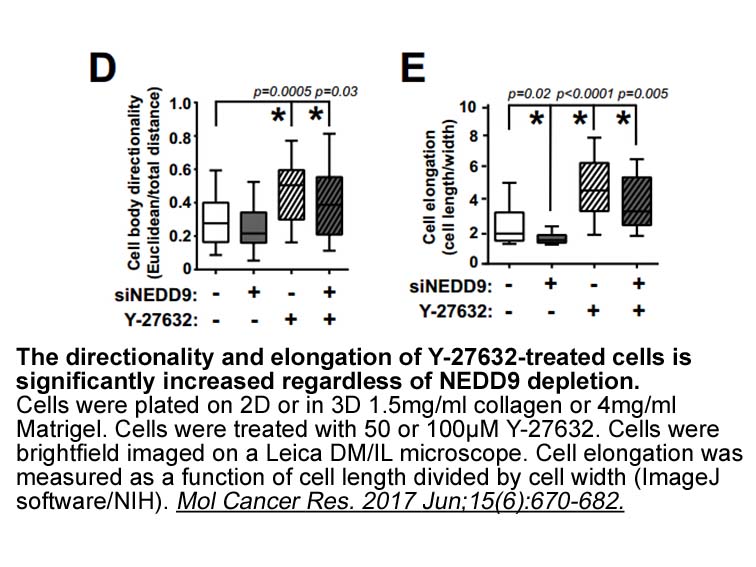Archives
br Conflicts of Interest br Author
Conflicts of Interest
Author Contributions
Acknowledgments
Introduction
Recent studies associate the gut microbiome, the bacterial purchase GW788388 that resides in the human gut, with the modulation of weight gain and metabolic diseases. It has been shown that the microbiome contributes to host metabolism and physiology by several mechanisms including increased energy harvest from the diet (Turnbaugh et al., 2006, 2008), modulation of lipid metabolism (Bäckhed et al., 2004; Velagapudi et al., 2010), altered endocrine function (Dumas et al., 2006; Swann et al., 2011; Wang et al., 2011), and inflammatory stability (Elinav et al., 2011; Hall et al., 2011; Henao-Mejia et al., 2012; Vandanmagsar et al., 2011). Thus the gut microbiota is influential in modulating obesity and other metabolic diseases.
Contributing to the obesity epidemic over the last two decades, the prescribing rate of second-generation antipsychotics for children has increased nearly eight-fold due to their efficacy (Findling et al., 2005). Second generation antipsychotics (SGAs) are used to treat a variety of psychiatric illnesses, including autism, bipolar disorder and schizophrenia. It has also been well established that the most commonly prescribed SGA, risperidone (a benzylamino-piperidine derivative), causes significant weight gain, insulin resistance, and metabolic syndrome (Möller et al., 2015; Calarge et al., 2012; Correll et al., 2009; De Hert et al., 2011). Numerous observational studies of risperidone-induced weight gain have led to significant advancements in treatment guidelines. However, the multifactorial nature of cardiometabolic effects is not completely understood, and patients taking risperidone still suffer from the side effects associated with weight gain. In humans, risperidone may promote weight gain through appetite stimulation, although many animal studies comparing SGAs challenge this hypothesis (Baptista et al., 2004; F. Li et al., 2013; Pouzet et al., 2003; Smith et al., 2012). Risperidone-induced weight gain is thought to be multifaceted, involving genetic, metabolic, and environmental contributors (Correll et al., 2011; Lett et al., 2011). Recent data implicates alterations in the gut microbiome as the mechanism by which SGAs impact metabolism and weight gain (Davey et al., 2013; Morgan et al., 2014). We have evidence that alterations in the gut microbiome of children chronically treated with risperidone are associated with an increase in BMI compared to antipsychotic-naïve children (Bahr et al., 2015).
In this study, we examined the hypothesis that shifts in the gut microbiome are mechanistically linked to weight gain that occurs in response to risperidone treatment. We examined energy balance and weight gain in wild type mice in response to treatment with risperidone alone or in combination with various xenobiotics, transfer of risperidone-altered mi crobiota, or transfer of the phage associated with risperidone-treated microbiota. We found that risperidone alters the gut microbiota resulting in weight gain via suppressed energy expenditure. Furthermore, transfer of risperidone-treated fecal material, including the phage fraction alone, was sufficient to induce similar effects in naïve mice. Identification of the gut microbiome as a critical mediator of energy homeostasis may identify novel therapeutic targets and approaches for risperidone-induced weight gain and obesity.
crobiota, or transfer of the phage associated with risperidone-treated microbiota. We found that risperidone alters the gut microbiota resulting in weight gain via suppressed energy expenditure. Furthermore, transfer of risperidone-treated fecal material, including the phage fraction alone, was sufficient to induce similar effects in naïve mice. Identification of the gut microbiome as a critical mediator of energy homeostasis may identify novel therapeutic targets and approaches for risperidone-induced weight gain and obesity.
Materials and methods
Results
Discussion
In this study, we demonstrate that risperidone causes major changes in the gut microbiome and that those changes are mechanistically linked to weight gain through the suppression of energy expenditure. We demonstrate that suppression of energy expenditure is recapitulated via transfer of fecal material or the phage fraction from a risperidone-treated donor to a naïve recipient. Risperidone-induced suppression of energy expenditure was not modified through addition of other microbiome-altering xenobiotics. In parallel, we found that cultured microorganisms from the gut were more sensitive to risperidone when grown anaerobically than aerobically. The mechanism for suppression of energy expenditure in vivo was found to be a reduction in non-aerobic RMR following fecal transfer of the gut microbiota. Therefore, host non-aerobic RMR can be suppressed by shifts in the gut microbiome in response to treatment with risperidone. Together, these findings highlight the critical role of the gut microbiota in energy homeostasis and provide a potent example of the physiological significance of non-aerobic RMR in whole-animal energy balance.